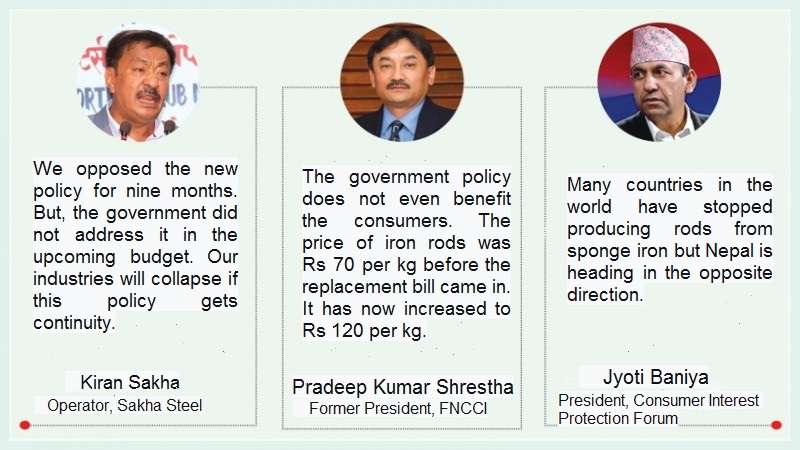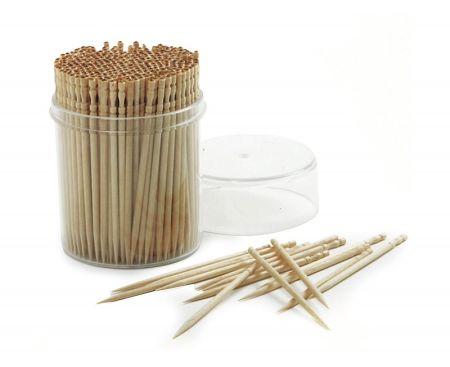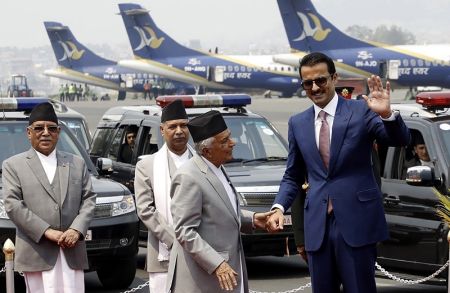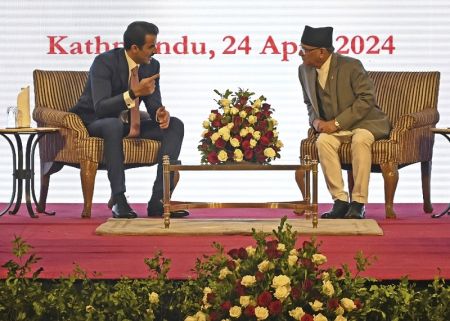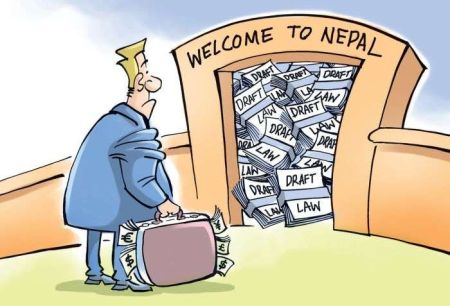July 3: Industries producing iron rods from billets have complained that they are forced to operate at just 3 percent capacity because of the government's policy.
Industries producing iron rods from billets have failed to operate in full capacity after the government introduced a policy of taxation on billets and tax exemption on sponge iron through the replacement budget of the current fiscal year.
Steel operator Kiran Sakha said that the industries that produced iron rods from billet have operated at just 3 per cent of the full capacity. The government had introduced a policy of taxing billets to protect the industries that produce billet from sponge iron.
The policy has hit 20 industries that make iron rods from billet.
“We opposed it for nine months. But, the government did not address it in the upcoming budget. Our industries will collapse if this policy gets continuity,” he said during an event organized by the Nepal Economic Journalists Association (Nafiz).
A parliamentary committee has instructed the government to maintain the rate before the replacement bill. The committee might conduct a hearing,” he added.
He also said that the businessman are frustrated and have now come to the point of committing suicide.
At the event, Pradeep Kumar Shrestha, former president of the Federation of Nepalese Chamber of Commerce and Industries (FNCCI), argued that the policy adopted by the government through the current year's replacement budget does not even benefit the consumers. He shared that revenue from the rod industry has fallen by Rs 8 billion because of the government's policy - and even the price of the iron rod has been affected.
The price of iron rods was Rs 70 per kg before the replacement bill came in. It has now increased to Rs 120 per kg. He said that the government has little to do with losing revenue because of the government's policy of tax exemptions on sponge iron.
similarly, Manak Sharda said the policy taken by the government had led to a situation where domestic production could not compete with imported goods.
The upcoming budget has provision of 10 per cent customs duty and Rs 4.50 excise duty on a kilogram of wire rod. It was previously 5 per cent customs duty and Rs 2.25 excise duty.
At the same time, India has imposed a 15 per cent export duty for the export of raw materials of GI Wire. However, readymade GI Wire from India is imported to Nepal at 17 per cent customs duty. This makes it difficult for goods produced in Nepal to compete with imported goods, said Sharda.
Similarly, Jyoti Baniya, president of the Consumer Interest Protection Forum, said industrialists and businessmen were responsible for this.
“It's the industrialists and businessmen who ruined the system. Previously, who were in touch with powerful politicians had their say. Now, it is the ones who are in touch with the power centers enjoying the new provisions.”
Even though many countries in the world have stopped producing rods from sponge iron, Nepal is heading backwards, says Baniya.
“The induction furnace has been removed from all over the world,” he said, adding that China has already removed it. Indonesia has decided not to allow furnaces to be kept. But, the government of Nepal is heading in the opposite direction.”
Similarly, the Sanitary Pad producer Dolraj Adhikari said the domestic industry is in a state of closure due to the taxation policy.
“There is a 1.5 per cent tax on imports of the readymade pads. However, it takes 8 types of raw materials for producing such pads and the domestic industries have to pay an average of 8.5 percent tax for importing the raw materials,” he said.
The policies made by policymakers and experts in the country are unfair and discriminatory.
Businessman Min Bahadur Gurung said the steel industry was in trouble because of the government policy. He said the billions of rupees invested in this sector and the jobs of thousands of people were at risk due to the government’s policy on tax for the current fiscal year and the upcoming fiscal year.


